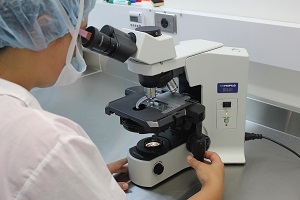Strategic trade controls present unique challenges for academic and research institutions because they can often be perceived as an obstacle to the free flow of ideas - one of the central pillars of academia. Strategic trade controls may restrict researchers from freely sharing certain types of equipment, information, and technology with certain individuals and/or destinations. However, the overwhelming majority of activities performed by academic and research organizations are not subject to control. STC do not restrict basic scientific research that is commonly taught in colleges and universities or information that is available in the public domain. Rather, strategic trade controls apply only to goods and technologies denoted on your country’s national control list(s) or in certain cases, non-listed items when the good or technology is known or thought to be destined for a WMD or military end-use/end-user (known as “catch-all” controls).
It is imperative that academics, researchers, and administrators fully-understand how STC apply to their activities and take the necessary precautions to prevent the unauthorized transfer of controlled goods, technologies, or knowledge. The resources listed below are intended to assist your academic/research organization maintain compliance with relevant strategic trade control laws and regulations.
The resources are organized as follows:

To download the entire “Guidance for Academic and Research Institutions” section document, click here
Note: It is recommended that your enterprise also consult the “Elements of an ICP” - “Technology Transfer and Management Safeguards” sub-section and the “Industry Sector Specific Tools” - “Technology Best Practices” sub-section of the ICP Guide to learn more about compliance with technology controls. These sections provide details on technology safeguards and the ways that your enterprise can effectively manage tangible and intangible transfers of controlled technology (including deemed exports).